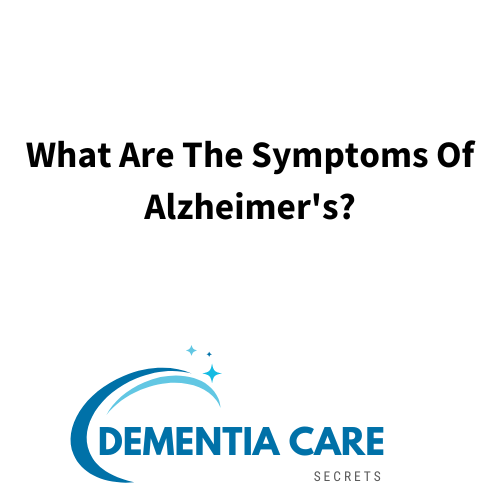What Are The Symptoms of Alzheimer's?

In this podcast episode, Diane Carbo from Caregiver Relief discusses Alzheimer's disease and its symptoms. She emphasizes the importance of caregivers staying informed and subscribing to their email list for exclusive content and expert advice. Diane explains that Alzheimer's is a degenerative brain disorder that initially manifests as memory problems and difficulty with language, eventually leading to confusion and behavioral changes.
Diane provides insight into the different onset ages of Alzheimer's, with late onset typically occurring in the mid-sixties or later and early onset being very rare, starting as early as 30 years old. She highlights various risk factors, including genetics, head trauma, untreated depression, and medical conditions like hypertension and diabetes. She also mentions the accumulation of amyloid plaques in the brain as an early sign of Alzheimer's.
The podcast delves into mild cognitive impairment as a precursor to Alzheimer's and discusses the early signs of the disease, such as memory loss, impaired judgment, and difficulty completing daily tasks. It also addresses the emotional changes and challenges faced by individuals with Alzheimer's. Diane shares a real-life story about Bob, a neighbor, whose gradual decline in cognitive function led to his Alzheimer's diagnosis.
Moving on, Diane explains the middle stages of Alzheimer's, which can be demanding for both the affected individual and caregivers. She discusses the importance of ruling out treatable conditions that mimic dementia symptoms and mentions conditions like low vitamin B12 levels and urinary tract infections as reversible causes of memory problems. She provides insights into Bob's journey through the middle stages of Alzheimer's, where he becomes increasingly dependent on others for daily activities.
The podcast also covers the signs of moderate Alzheimer's, including increased confusion, withdrawal from social activities, language difficulties, and changes in sleep patterns. Diane shares an anecdote about a pastor's wife to illustrate how the disease can lead to inappropriate behaviors. Finally, the episode touches on the late stages of Alzheimer's, where individuals lose the ability to interact with their environment, experience personality changes, and require full-time care, often considering hospice or palliative care. The overall message emphasizes the importance of understanding Alzheimer's symptoms and providing support to individuals and their caregivers throughout the disease's progression.
You might also like this article:






